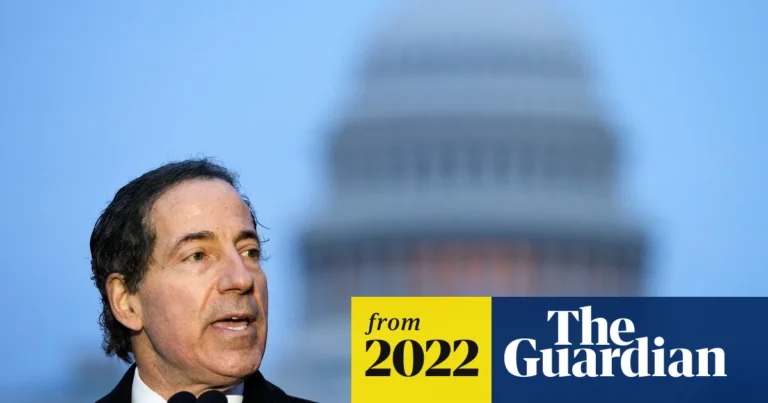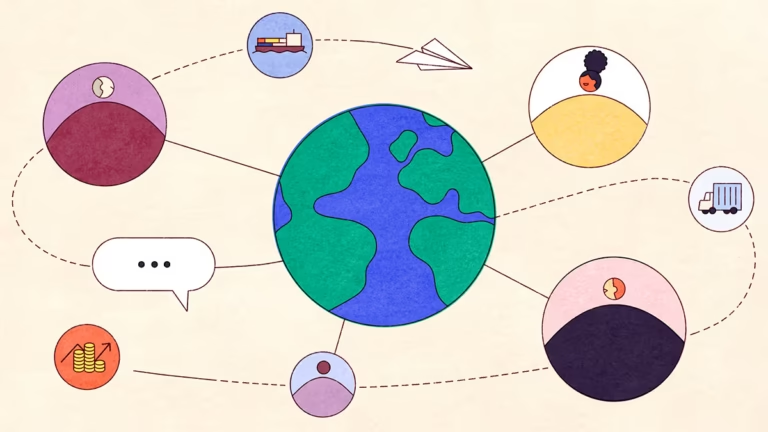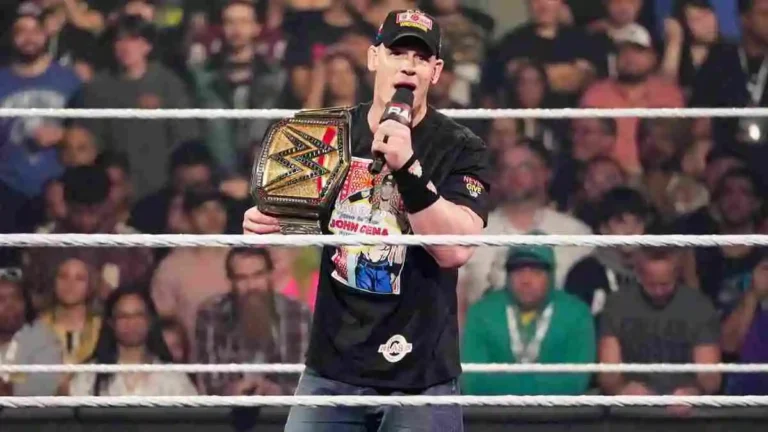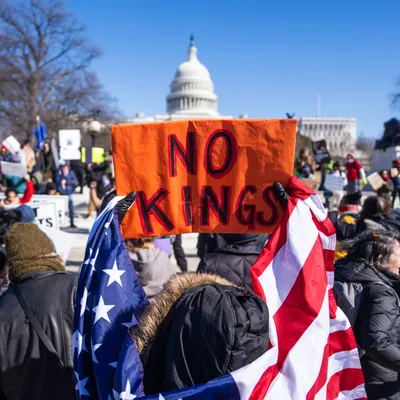
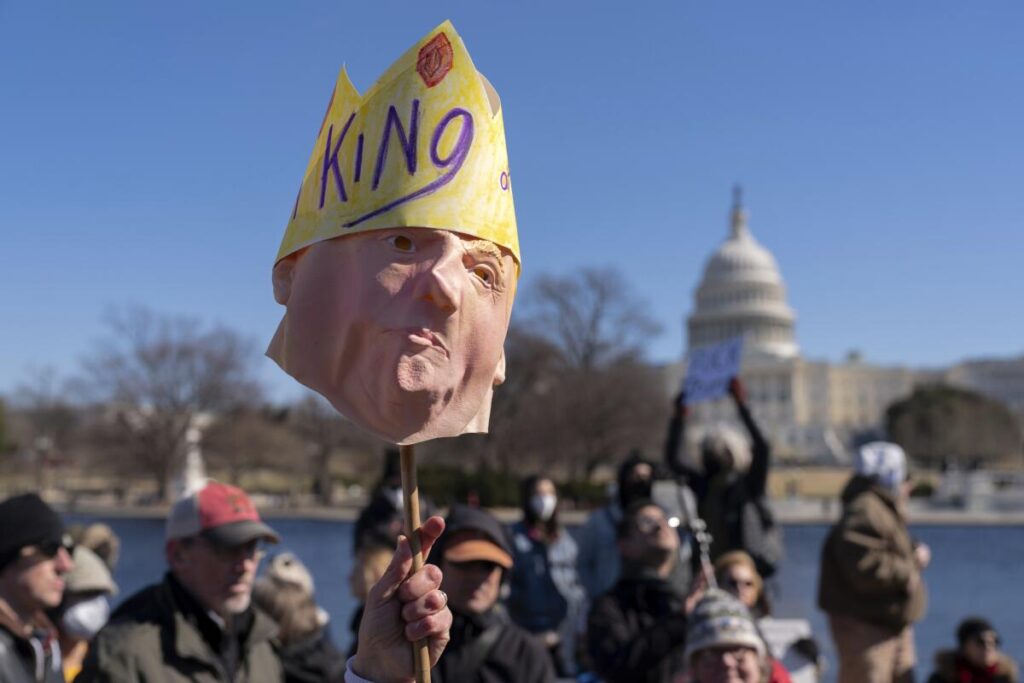
Introduction: A Slogan That Became a Movement
In an era defined by rising awareness, social justice, and demands for systemic change, the slogan “No Kings” has transformed from a simple phrase into a powerful protest movement. What started as a reaction against authoritarian leadership and hereditary power has now grown into a global wave of activism challenging deep-rooted systems of oppression, inequality, and control.
The “No Kings” protest isn’t just a rebellion against monarchy—it’s a statement against all forms of unjust rule, whether political, social, or corporate. In this blog post, we’ll explore the origins, goals, and growing influence of the No Kings protest, and why it’s being embraced by a new generation unwilling to accept silence as a solution.
Table of Contents
1. Origins of the “No Kings” Movement
The phrase “No Kings” has historical significance rooted in revolutionary ideals. From the French Revolution to the American Revolution, people have long fought against concentrated power. However, the modern “No Kings” protest began gaining traction around 2022–2023, fueled by dissatisfaction with elitist systems and leaders who act like untouchable rulers.
This slogan found its way into the streets during protests in Western democracies, Middle Eastern monarchies, and Asian autocracies, symbolizing a demand for accountability, transparency, and shared governance.
https://www.brandeis.edu/now/video-transcripts/mlk-transcript.html
2. Youth at the Forefront: The Power of a New Generation
At the heart of the No Kings movement is a highly motivated youth population. Gen Z and younger Millennials have grown up witnessing political instability, social injustice, and economic inequality. This generation is tech-savvy, globally connected, and unafraid to question traditions.
Key reasons why youth are leading the charge:
- Disillusionment with traditional politics
- Desire for equality, fairness, and environmental justice
- Digital activism through TikTok, Instagram, Twitter
- A rejection of blind nationalism and hero worship
Students and young professionals have organized rallies, online campaigns, and educational sessions that question inherited power—whether in politics, religion, or corporations.

3. What Does “No Kings” Actually Mean?
The protest isn’t just about abolishing monarchy; rather, it’s symbolic of rejecting any unquestionable authority. The “king” metaphor applies to:
- Political leaders acting above the law
- Billionaires and tech moguls controlling markets and governments
- Religious leaders exploiting blind faith
- Cultural icons protected despite misconduct
Thus, “No Kings” means:
- No absolute power
- No glorification of unearned privilege
- No more silence in the face of abuse
This powerful message resonates because it’s flexible, inclusive, and easily applicable to various contexts.
4. Major Events That Fueled the Movement
While the idea of rejecting authoritarianism has existed for centuries, recent events helped spark the fire:
- Crackdowns on protests in Iran, Belarus, and Hong Kong
- Police brutality and anti-democratic laws in the U.S. and India
- Public anger against the British monarchy during royal scandals
- Corporate greed exposed during global economic crises
- Unequal pandemic response and vaccine distribution
These incidents reminded people how unchecked power can lead to suffering, manipulation, and inequality.
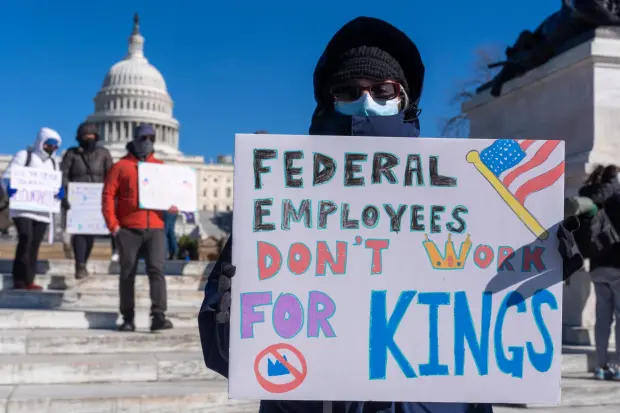
5. Social Media’s Role in Amplifying the Message
Platforms like TikTok, Instagram Reels, and Twitter (X) have played a crucial role in spreading the “No Kings” message. Viral videos of protestors chanting the slogan, or artistic visuals of broken crowns, have made it a global rallying cry.
Social media helps in:
- Spreading awareness instantly
- Creating digital protests in countries where physical protests are banned
- Sharing personal stories of oppression
- Exposing propaganda and fake news
Hashtags like #NoKings, #DownWithPower, #PeopleOverPower, and #SmashTheCrown have trended across countries.
6. Global Response: Mixed Reactions Across Nations
Governments and media outlets have responded to the No Kings protests in different ways:
✅ In democratic countries, the protests sparked debate about wealth inequality and corporate dominance.
❌ In authoritarian regimes, protestors were arrested, internet access was cut off, and the slogan was banned.
🤝 In some progressive circles, “No Kings” has been adopted as a framework for creating horizontal leadership, cooperative business models, and inclusive policies.
The global nature of the movement proves that its message transcends borders.
7. Criticisms and Controversies
Like any major protest, the No Kings movement hasn’t been free from criticism:
- Some claim it’s too vague and lacks concrete demands.
- Critics argue it promotes anarchy and disrespect toward cultural institutions.
- Conservative groups believe it fuels anti-national sentiment.
However, supporters counter these arguments by stating that:
“The goal isn’t to destroy systems, but to rebuild them with fairness, transparency, and accountability.”
8. Art, Music, and Culture: The Protest Goes Creative
One of the most unique aspects of this movement is its creative expression. Artists, rappers, poets, and filmmakers have embraced the “No Kings” theme, using it to produce:
- Protest songs with anti-elitist lyrics
- Street murals showing broken crowns or people rising
- Short films showcasing fictional tyrants being overthrown
- Fashion with slogans like “No Kings, No Masters”
The creativity fuels passion and gives the protest longevity in pop culture.
9. The Road Ahead: What’s Next for the Movement?
While the “No Kings” movement is still evolving, its long-term impact will depend on a few key factors:
- Can it remain peaceful and organized?
- Will it produce tangible political or social change?
- Can it build a global coalition of activists, educators, and reformers?
If the energy is sustained, No Kings could evolve into a powerful decentralized platform for activism in education, politics, climate justice, and beyond.
Conclusion: A Movement of Empowerment, Not Destruction
The No Kings protest is a loud, proud declaration by a generation that refuses to bow down to unjust power. It is not about chaos—it is about challenging outdated systems, questioning inherited privilege, and building a world where respect is earned, not demanded.
In the words of one young protestor:
“We don’t hate leaders. We just don’t worship them. No more kings. We’re all equals now.”
As this movement gains momentum, its message remains clear:
Power belongs to the people—not to crowns, not to corporations, not to kings.

